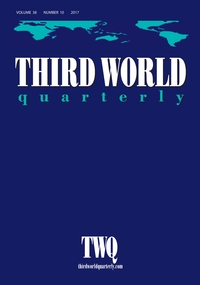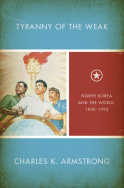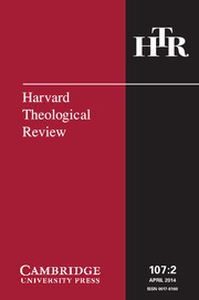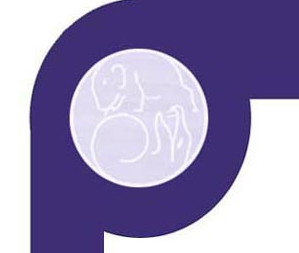
A former historian at Columbia University who resigned last year in the wake of a plagiarism scandal involving his award-winning book on North Korea has lost a 2005 paper for misusing his sources.
In 2017, Charles Armstrong, once a leading figure in Korean scholarship, returned the 2014 John King Fairbank Prize from the American Historical Society after allegations emerged that he had plagiziared widely in his book, “Tyranny of the Weak: North Korea and the World, 1950–1992.”
At the time, Armstrong admitted to having made “citation errors” in the work. However, Balazs Szalontai, an academic in Korea, insisted that the the errors were in fact plagiarism and that they were sweeping.
Now, in what Szalotai told us was the earliest instance of Armstrong’s plagiarism that he has found, the journal Cold War History is retracting an article by Armstrong. According to the notice:
Continue reading Disgraced Korea scholar, formerly of Columbia, loses paper for plagiarism A group of editors of journals focused on the history of economics has gone public to urge Clarivate Analytics, which publishes a highly influential ranking of journals, to reconsider its decision to drop the titles from this year’s index.
A group of editors of journals focused on the history of economics has gone public to urge Clarivate Analytics, which publishes a highly influential ranking of journals, to reconsider its decision to drop the titles from this year’s index.
 A historian based at Columbia University has returned a 2014 prize after criticisms prompted him to issue more than 70 corrections to his prominent book about North Korea.
A historian based at Columbia University has returned a 2014 prize after criticisms prompted him to issue more than 70 corrections to his prominent book about North Korea.

